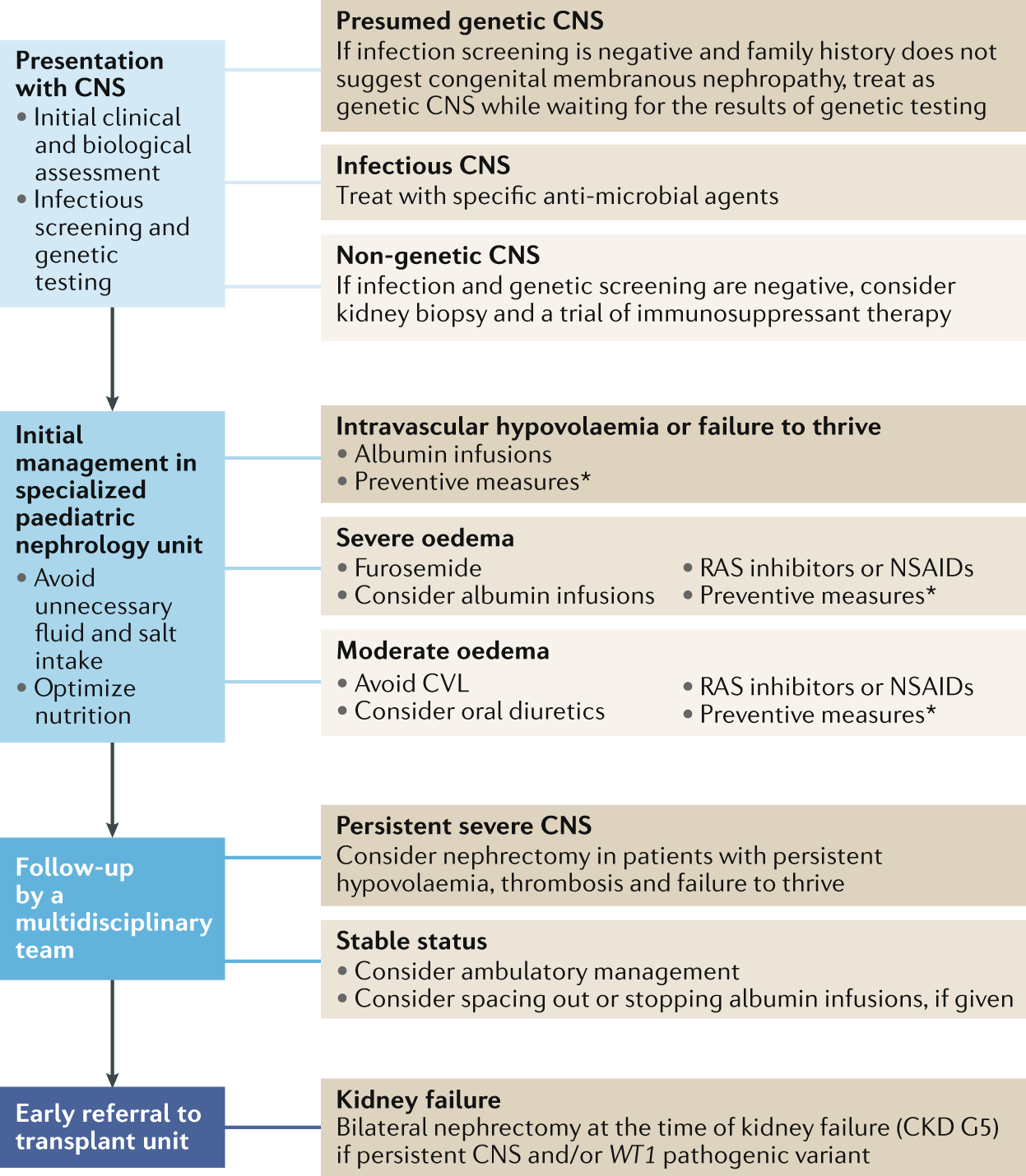How To Become A Pediatric Nephrologist Pediatric nephrology offers the opportunity to care for children with a wide range of disorders and includes a unique mix of acute intensive inpatient and chronic longitudinal outpatient care
Pediatric nephrology offers the opportunity to care for children with a wide range of disorders including those with transient conditions such as acute kidney injury that may require acute dialysis in an intensive care setting as well as patients immediately post kidney transplant Fig 1 Haemodialysis an expensive half way technology that is long overdue a paradigm shift in clinical application Fig 2 Membranous glomerulonephritis diagnosed following ultrasound guided percutaneous renal biopsy and assessment by renal pathologist Go to CAN I COMBINE RENAL MEDICINE WITH OTHER INTERESTS
How To Become A Pediatric Nephrologist

How To Become A Pediatric Nephrologist
https://theipna.org/wp-content/uploads/2022/01/Grand-Rounds-5.jpg

Length of training required for pediatric nephrology certification | Download Table
https://www.researchgate.net/publication/305415684/figure/tbl1/AS:614051864403983@1523412781609/Length-of-training-required-for-pediatric-nephrology-certification.png

Fellowship Program | Pediatric Nephrology | Medical College of Wisconsin
https://www.mcw.edu/departments/pediatrics/divisions/nephrology/-/media/E64EC7056E054DF59EB851ED92624EA8.ashx?anchor=middlecenter&scale=both&mode=crop&hash=5B104914D4EDCFFFB90228EA99BBC28F
Become skilled in the technical aspects of pediatric nephrology care including acute renal replacement therapy procedures and percutaneous renal biopsies Engage in scholarship to foster growth in critical thinking skills application of the scientific method to clinically relevant gaps of knowledge in the field and dissemination of acquired Pediatric nephrologists diagnose treat and manage many disorders affecting the kidney and urinary tract including kidney failure high blood pressure inherited kidney diseases kidney stones urinary tract infections and abnormalities in the urine such as blood and protein
Fellowship Training Program Mission Statement The Pediatric Nephrology Fellowship program at the University of Florida s mission is to provide a comprehensive educational program that will train physicians to provide respectful quality care to the diverse infants children adolescents and young adults with all types of renal disease including those with acute and chronic renal failure A doctor may practice pediatric nephrology without becoming board certified in the specialty However education training experience and certification are key elements in establishing a doctor s level of competence Board certification in pediatric nephrology verifies that a doctor has completed residency training in pediatrics fellowship
More picture related to How To Become A Pediatric Nephrologist

The Transition of a Pediatric Kidney Transplant Recipient from Childhood to Adult Care | American Society of Nephrology
https://cjasn.asnjournals.org/content/17/5/736/F1.large.jpg

PDF) The Global Pediatric Nephrology Workforce: A Survey of the International Pediatric Nephrology Association
https://i1.rgstatic.net/publication/305330874_The_Global_Pediatric_Nephrology_Workforce_A_Survey_of_the_International_Pediatric_Nephrology_Association/links/5788caaa08ae62ae6f8adb58/largepreview.png

Using a Multi-Institutional Pediatric Learning Health System to Identify Systemic Lupus Erythematosus and Lupus Nephritis | American Society of Nephrology
https://cjasn.asnjournals.org/content/clinjasn/17/1/65/F1.large.jpg
The goal of our Pediatric Nephrology Fellowship Program is to train postdoctoral fellows for careers in academic pediatric nephrology The Program Trains fellows to evaluate and manage patients with fluid and electrolyte disorders and renal disease Gives didactic lectures and one on one teaching to provide a strong foundation in clinical Every year we train pediatricians to become pediatric nephrologists in our Pediatric Nephrology Fellowship training program In addition we offer a specialized concentration in Pediatric Hypertension Our expertise includes general nephrology dialysis renal transplant hypertension tuberous sclerosis renal oncology and prenatal consultations
How do you become a nephrologist To become a nephrologist doctors must complete Four years of college Four years of medical school Three years of residency continued training concentrating on the field of nephrology Two to three years of a fellowship 1 Earn a bachelor s degree A bachelor s degree or three years of university study is required to enter medical school While a specific type of bachelor s degree is not required majors in the biological sciences can help student s get all of the necessary prerequisites for medical school

Management of congenital nephrotic syndrome: consensus recommendations of the ERKNet-ESPN Working Group | Nature Reviews Nephrology
https://media.springernature.com/full/springer-static/image/art%3A10.1038%2Fs41581-020-00384-1/MediaObjects/41581_2020_384_Fig1_HTML.png

Pediatric Nephrology in the ICU Buch versandkostenfrei bei Weltbild.de bestellen
https://i.weltbild.de/p/pediatric-nephrology-in-the-icu-072486896.jpg?v=3&wp=_max
How To Become A Pediatric Nephrologist - Pediatric nephrologists diagnose treat and manage many disorders affecting the kidney and urinary tract including kidney failure high blood pressure inherited kidney diseases kidney stones urinary tract infections and abnormalities in the urine such as blood and protein